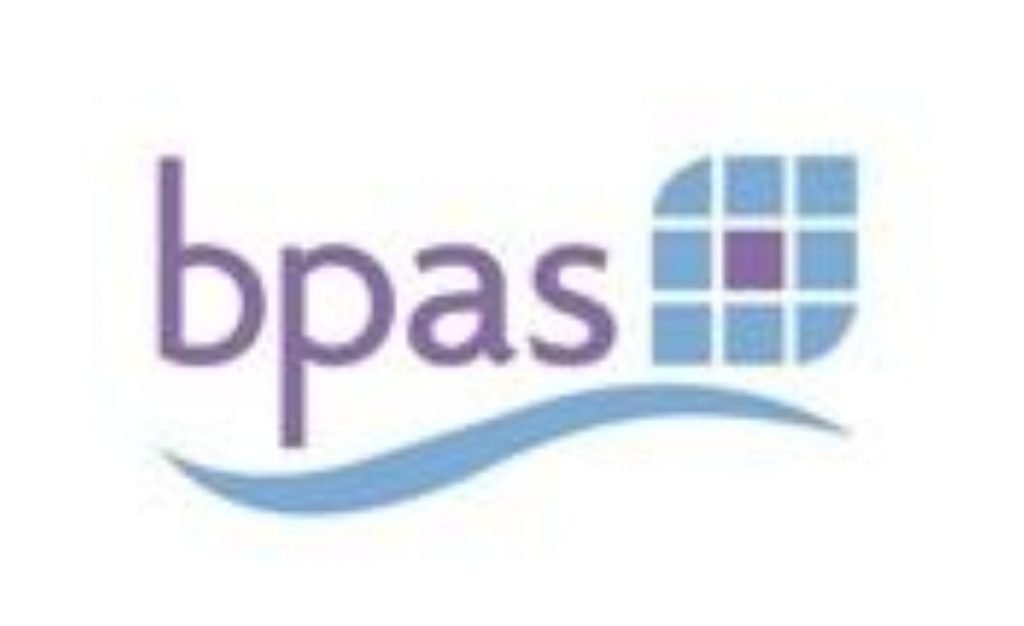bpas: Abortion is a fact of life. There is no right number of abortions, says Furedi
Please find below analysis and comment from the British Pregnancy Advisory Service (bpas) on the 2011 abortion statistics released by the Department of Health.
Key points
· Abortion rate remains stable, at 17.5 per 1,000 women for the third year in a row
· “Repeat” abortion rate (36%) remains in keeping with that in France (35%), lower than Sweden (40%) and considerably lower than the US (50%). Proportion of women reporting previous abortion highest in older age groups
· Rates of abortion for women under 25 have fallen since 2001, rates for women over 25 have increased – more active sex lives among older women, misinformation about infertility and the decline in male sterilisation (vasectomy) possible explanations
· More than half of women having abortions are already mothers, an increase from 2010
The latest statistics show abortion rates remained stable in 2011, at 17.5 abortions per 1,000 women of reproductive age (15-44), for the third year in a row. This rate is lower than 2008 (18.2 per thousand) and while the bulletin notes it has more than doubled since 1970 this is entirely in keeping with social changes in which women expect to play a full role in society and control the timing and size of their families – and indeed postpone motherhood until their circumstances are right.
The rates of abortion for women in all age categories under 25 have fallen since 2001, while the rates for women over 25 have increased. This on the one hand may reflect the emphasis there has been on reducing teenage pregnancy – with rates at their lowest since 1969. But there may also be issues specific to older women, including problem with accessing appropriate contraception with services geared towards younger women, public health messages about infertility which lead older women to believe they cannot get pregnant, and the dramatic decline in both male and female sterilisations in recent years. More than half of women having abortions are already mothers, an increase from 2010.
At 36%, the proportion of women undergoing abortion who report a previous procedure has increased slightly since 2010 (34%) but remains comparable with rates in France (35%) and lower than those in Sweden (40%) and the US (50%). Women have reproductive lifetimes of 30 years and may well be exposed during that period to unwanted pregnancy on more than one occasion, particularly as more women postpone motherhood. It is not surprising that the proportion of women reporting previous abortion is highest in the older age groups, who may have been exposed to unwanted pregnancy in their teens or early twenties and again after they have completed their families.
We welcome data showing that more women are able to access abortion at earlier gestations, with the proportion of abortions carried out at under 10 weeks climbing one percentage point from 2010 to 78% in 2011. The earlier an abortion can be carried out the safer and more straightforward it is. Increasing numbers of women (60% in 2011 against 55% in 2010) now choose early medical abortion – the abortion "pill" – a method which enables them to avoid surgical intervention and accompanying risks. This can however only be offered up to nine weeks. It remains vital that women can access services without delay, and that unnecessary obstacles are not put in their way.
Ann Furedi, bpas chief executive said:
“Abortion is a fact of life, because contraception fails and sometimes we fail to use it properly. It is a service that one third of women will need in the course of their reproductive lifetimes so they can plan the timing and size of their families, and play a full role in society. There is no “right” number of abortions above and beyond ensuring that every woman who needs to end an unwanted pregnancy can do so, and that obstacles are not put in the way of her accessing supportive services as quickly as possible.
“What matters most is that all women can access the contraception that is most suited to them, and that services are able to accommodate all age groups. There has been much government focus on problematising abortion, while safeguarding robust contraception services appears low down the list of government priorities. We urge the government to publish as a matter of urgency its sexual health policy document, which is now more than a year overdue.
“We should also take this opportunity to thank the many doctors and nurses who endeavour to ensure that women receive compassionate care at what can be a difficult time in their lives, and whose work has in the past year been subjected to intense political and media scrutiny. They deserve our appreciation and support.”
About bpas:
bpas supports reproductive choice and health by advocating and providing high quality, affordable services to prevent unwanted pregnancies with contraception or end them by abortion. We also offer a range of other reproductive health services.
bpas is Britain's largest single abortion provider, caring for around 55,000 women each year. It provides pregnancy testing, counselling, STI screening, contraception, sterilisation, vasectomy and vasectomy reversal through 36 consultation centres and 19 clinics located throughout the UK.





-01.png)